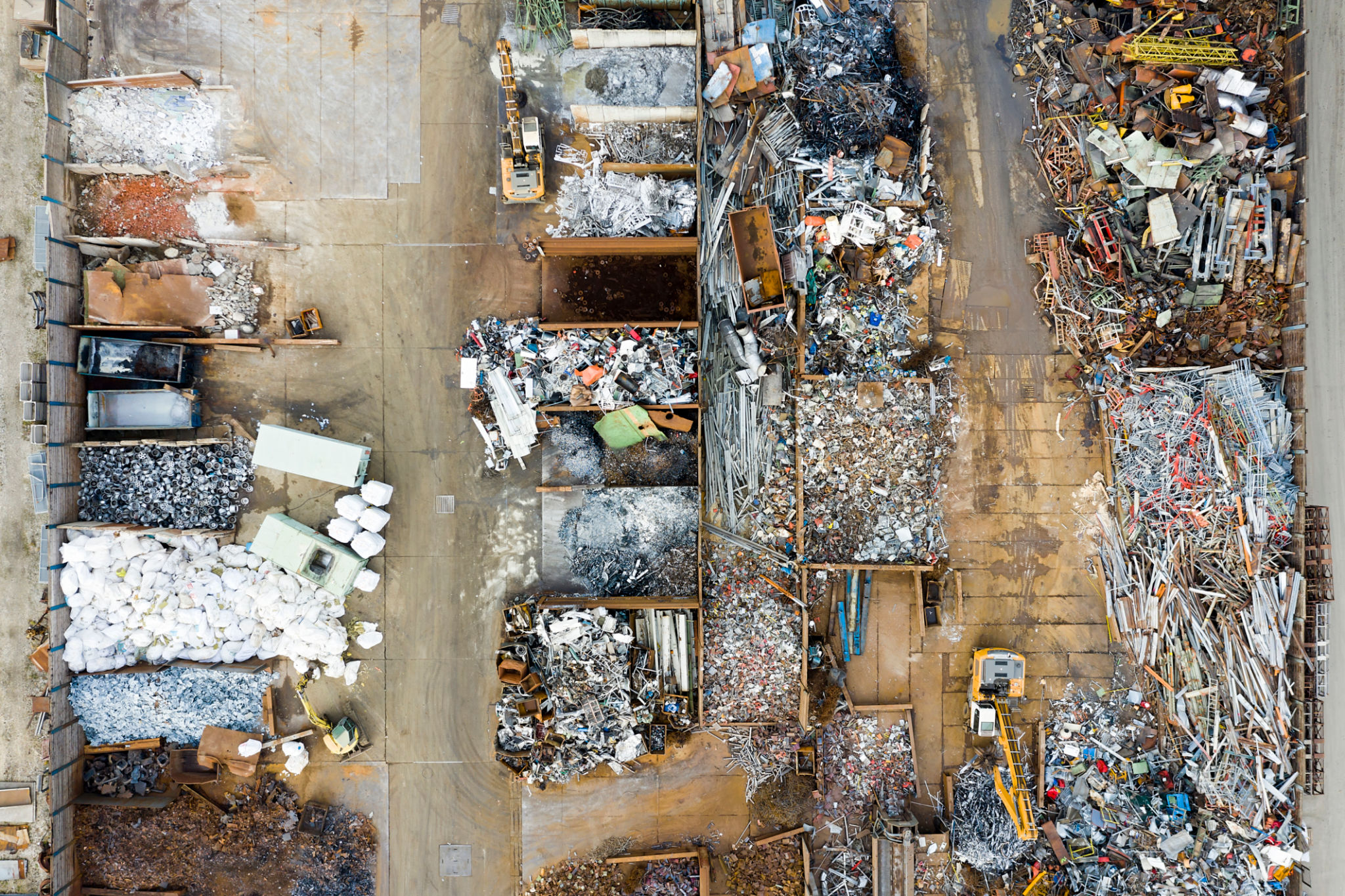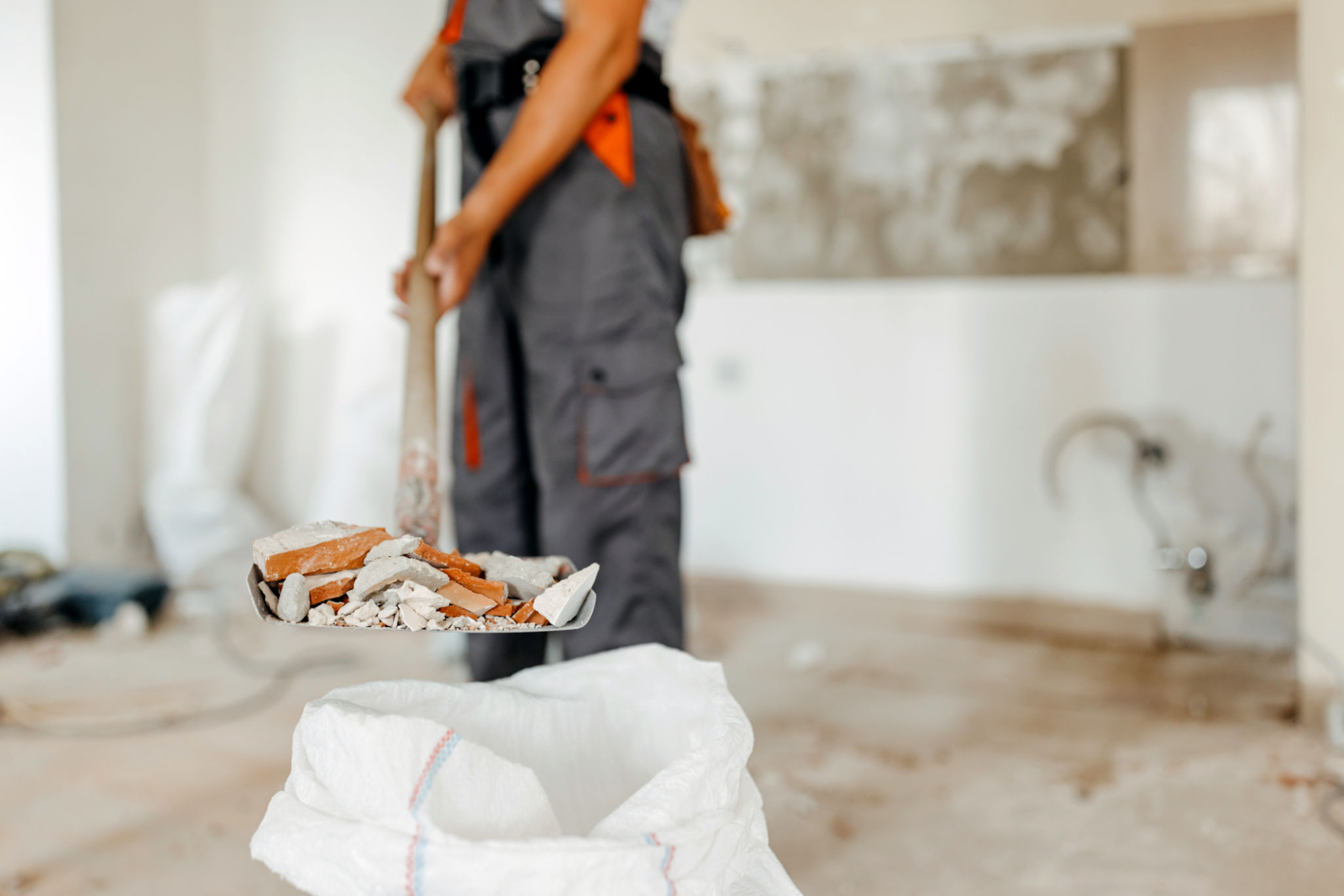Expert Tips for Managing Construction Debris: A Junk Removal Perspective
Understanding the Challenges of Construction Debris
Managing construction debris effectively is crucial for maintaining a clean and safe work environment. Whether you're renovating a small space or overseeing a large-scale construction project, debris can quickly accumulate and become overwhelming. Proper debris management not only ensures a tidy site but also helps in minimizing environmental impact.
One of the primary challenges is the sheer volume of materials that need to be handled. From concrete and wood to metals and plastics, construction sites generate diverse types of waste. Each material requires specific handling and disposal methods, making debris management a complex task.

Sorting and Segregating Waste
A key strategy in managing construction debris is sorting and segregating waste at the source. By categorizing materials, you can determine the appropriate disposal method for each type. This practice not only enhances recycling efforts but also reduces disposal costs.
Consider establishing designated areas on-site for different types of waste, such as metals, wood, and hazardous materials. Training your team to recognize and sort debris effectively can significantly improve efficiency and sustainability in your operations.

The Role of Professional Junk Removal Services
Partnering with professional junk removal services can streamline the debris management process. These services offer expertise in handling various types of construction waste, ensuring that materials are disposed of or recycled responsibly.
Professional services provide several benefits, including:
- Efficient waste removal and site cleanup
- Compliance with local regulations and environmental standards
- Access to specialized equipment for heavy or hazardous materials

Implementing Sustainable Practices
Emphasizing sustainability in construction debris management is becoming increasingly important. By adopting eco-friendly practices, you can reduce your project's environmental footprint and contribute to a healthier planet.
Consider the following sustainable practices:
- Reusing and repurposing materials wherever possible
- Choosing recyclable materials for new constructions
- Working with suppliers who prioritize sustainable products
Innovative Disposal Solutions
Advancements in technology have introduced innovative solutions for construction debris disposal. From on-site compactors to mobile recycling units, these tools can significantly enhance waste management efficiency.
Exploring new technologies can provide opportunities to optimize your debris management strategy, reduce costs, and increase sustainability in your construction projects.

Ensuring Safety in Debris Management
Safety should always be a top priority when managing construction debris. Proper training and protective gear are essential for workers handling potentially hazardous materials.
Implementing strict safety protocols ensures that your team can manage debris without compromising their health or safety. Regular safety audits and updates to procedures can further enhance your site's safety standards.
The Impact of Effective Debris Management
Effective construction debris management not only leads to cleaner, safer work environments but also contributes to cost savings and better project outcomes. By reducing waste and promoting recycling, companies can enhance their reputation and align with environmentally conscious values.
Investing time and resources into developing robust debris management strategies ultimately benefits the project, the environment, and the community at large.
